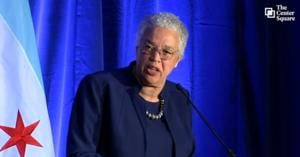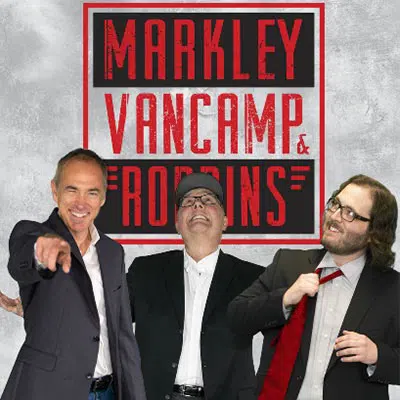(The Center Square) – An Illinois county is moving forward with plans to expand a taxpayer-funded guaranteed income program for residents.
Cook County Board President Toni Preckwinkle announced the formation of a committee to guide the next phase of guaranteed income after saying the county’s pilot program was successful.
Preckwinkle said Tuesday that she remains as committed to guaranteed income as she was at the outset of the pilot.
“Cook County is proud to be part of a national movement advocating for a guaranteed income through action, research and the voices of our residents. We are laying the groundwork not just for what’s next here in Cook County but what’s possible in our country,” Preckwinkle said.
The pilot program used $42 million in federal taxpayer-funded American Rescue Plan Act funds to give monthly $500 payments to 3,250 families for two years.
Cook County received more than 230,000 applications during the 2022 open application period. Recipients were required to have a household income at or below 250% of the federal poverty level.
According to a survey of program participants, the median income for payment recipients was $21,000 per year. Fifty-six percent of the households included someone who was working and 58% included children.
Payments from the pilot program ended in January of this year. Guaranteed income recipient Nikita Smith of Elk Grove Village said it was a privilege to be part of the program.
“Getting those checks was like I jumpstarted into adulthood. For the first time, I could budget, make repairs on my car and stay on top of bills,” Smith said.
Preckwinkle said 75% of the program’s recipients felt more financially secure and 56% reported reduced stress.
Cook County Commissioner Donna Miller said cash transfers are cost-effective and proven to mitigate economic vulnerability.
“They have a substantial long-term impact on individuals’ livelihoods and communities. Fund infusion stimulates economies by boosting demand for goods and services,” Miller said.
An OpenResearch Unconditional Cash Study published last year provided 1,000 low-income adults in the United States $1,000 in unconditional cash per month and 2,000 control participants $50 per month for three years.
The results indicated that cash recipients were two percentage points less likely to be employed than control participants and worked an average of 1.3 fewer hours per week compared to control participants.
Despite the results, researchers suggested that cash recipients came to value work more.
Preckwinkle said the advisory committee will convene its first meeting in spring 2025 and be supported by working groups, with an initial group focused on program design options for a future County program.
The Foundation for Economic Education said while the policy is well-intentioned, “it’s far from the most effective way to eradicate poverty in America’s cities and, in the long-term, could have unintended consequences on the exact people the mayors hope to help.”
“One glaring problem with allowing this program to exist for any extended period of time is that, unless it is privately funded, it would be too expensive to maintain and would require substantial tax increases across the board,” the group said.










